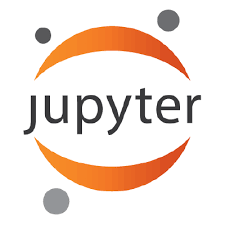We study the feasibility of a Data Science assistant powered by a sequence-to-sequence transformer by training a new model JuPyT5 on all publicly available Jupyter Notebook GitHub repositories and developing a new metric: Data Science Problems (DSP). DSP is a collection of 1119 problems curated from 306 pedagogical notebooks with 92 dataset dependencies, natural language and Markdown problem descriptions, and assert-based unit tests. These notebooks were designed to test university students' mastery of various Python implementations of Math and Data Science, and we now leverage them to study the ability of JuPyT5 to understand and pass the tests. We analyze the content of DSP, validate its quality, and we find that given 100 sampling attempts JuPyT5 is able to solve 77.5\% of the DSP problems. We further present various ablation and statistical analyses and compare DSP to other recent natural language to code benchmarks.
翻译:我们研究数据科学助理的可行性,该助理以序列到序列变压器为动力,对所有公开的Jupyter Notesbook GitHub 库进行新的模型JuPyT5 培训,并开发新的指标:数据科学问题(DSP)。DSP是306个教学笔记本汇编的1119个问题,其中有92个数据集依赖性、自然语言和马克唐问题说明,以及基于维护的单位测试。这些笔记本旨在测试大学生掌握各种数学和数据科学的Python应用能力,我们现在利用这些笔记本研究JuPyT5 了解和通过测试的能力。我们分析了DSP的内容,验证其质量,我们发现有100个抽样尝试JuPyT5 能够解决DSP问题中的77.5 ⁇ 。我们还提出了各种通货膨胀和统计分析,并将DSP与其他最近自然语言的代码基准进行比较。



